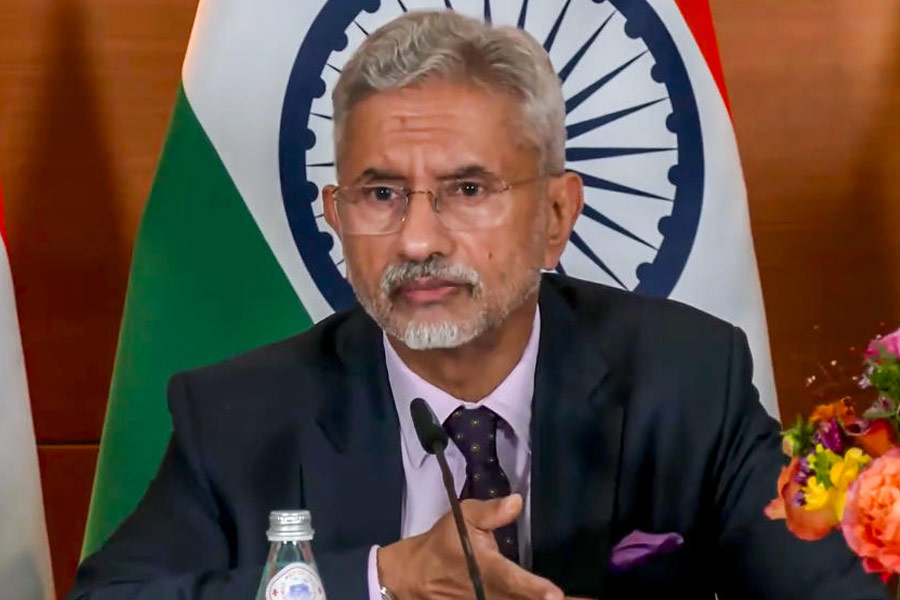Anticipating a counter-attack by Israel after Iran’s night offensive on Tuesday, India on Wednesday issued an advisory against non-essential travel to Iran even as external affairs minister S. Jaishankar indicated that New Delhi could be a communication link between the warring countries.
"Indian nationals are advised to avoid all non-essential travel to Iran. Those currently residing in Iran are requested to remain vigilant and stay in contact with the Indian embassy," India’s mission in Tehran said in its advisory.
About 10,000 Indians, including students, live in Iran. With fear of tensions escalating and the conflict between Israel and Hamas militants engulfing the region, India like most other countries with nationals living in the region is drawing up contingency plans.
Earlier, during an interactive session at the Washington-based Carnegie Endowment for International Peace on Tuesday, Jaishankar said: "We are very much concerned at the possibility of the broadening of the conflict, not just what happened in Lebanon but also the Houthis and the Red Sea, and also (what happens) between Iran and Israel.
"It’s one thing to be concerned,… If as part of that concern you can end up doing something about it… again don’t under-estimate the importance of communication in difficult times. If there are things to be said and passed on and passed back, I think those are all contributions that we can make and we do."
He was responding to a question on how India viewed the escalating crisis in West Asia. India maintains good relations with Palestine, Israel and Iran, placing New Delhi in a position to take on a mediating role.
While billing the October 7 attack by Hamas on Israel as a "terrorist attack" he went on to add: "We understand that Israel had a need to respond. But we also believe that any response by any country has to take into account international humanitarian law, that it must be careful about any damage or any implications for civilian populations."










